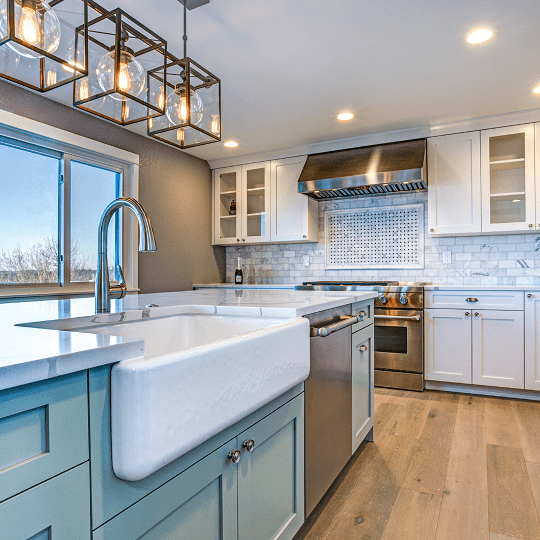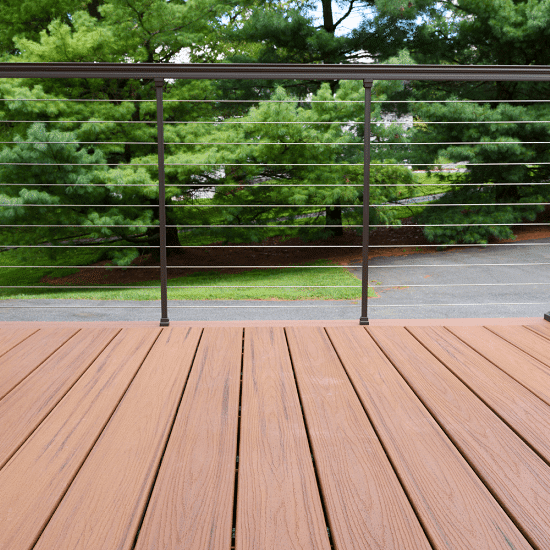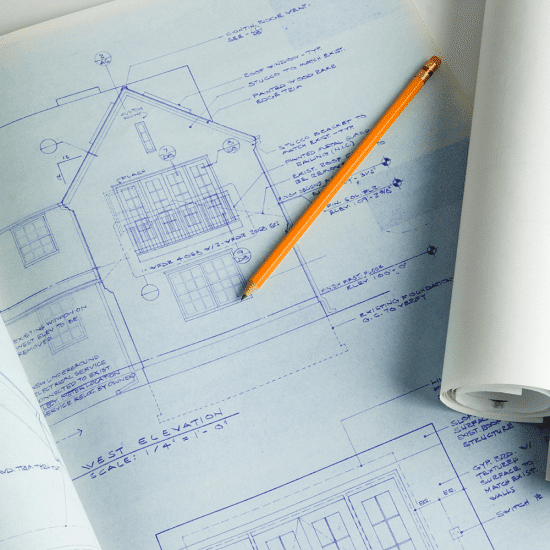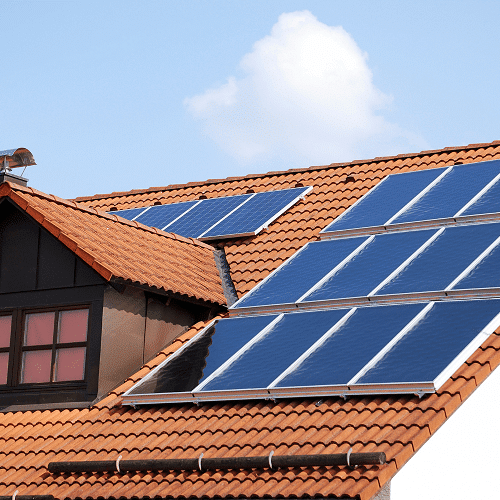Best Personal Loans for Pools
Get pre-qualified for a swimming pool loan in just minutes. Checking rates won’t affect your credit score







Loans for Pool Construction
A backyard with a pool truly is part of the American dream. With a swimming pool comes the promise of long, warm summer evenings with the kids splashing around until sundown. In many areas of the country not having a pool will even harm your home’s value. An in-ground or freestanding pool is always a big investment, so most people choose to look to financing to help them cover the costs.
Applying for a swimming pool loan is fast and easy:
How Pasha Funding Works

Compare personal loan rates
Compare personal loan rates in July, 2025
Can I finance a swimming pool?
Yes, it is possible to finance a swimming pool. Financing options can help you cover the cost of installing a swimming pool, allowing you to spread out the expense over time. When it comes to pool financing, there are plenty of options available but it can be an expensive process, so you need to pay attention to interest rates and focus on keeping your loan affordable.
How much does it cost to install an above-ground pool?
The cost of installing an above-ground pool can vary depending on several factors, including the pool's size, materials, features, site preparation, and any additional accessories. While the actual cost can differ based on location and specific circumstances, here's a rough estimate of the costs involved:
- Pool Kit: The cost of an above-ground pool kit can range from $1,500 to $5,000 or more, depending on the size, quality, and brand of the pool. This cost typically includes the pool walls, liner, pump, filter, and ladder.
- Site Preparation: Site preparation may involve leveling the ground, removing vegetation, and ensuring a stable foundation for the pool. The cost for site preparation can range from $500 to $2,000, depending on the complexity of the work required.
- Installation: The cost of professional installation can range from $1,000 to $3,000, depending on the pool size and any additional complexities involved. Some homeowners may choose to install the pool themselves, which can help save on installation costs but requires the necessary skills and knowledge.
- Accessories: Additional accessories such as a pool cover, pool heater, lighting, and maintenance equipment can add to the overall cost. The prices of these accessories can vary, but budgeting an additional $500 to $2,000 for accessories is a reasonable estimate.
- Permitting and Other Costs: Depending on local regulations, you may need to obtain permits for installing an above-ground pool. Permit fees can vary by location. Additionally, you might want to consider the cost of water to fill the pool initially and ongoing maintenance costs such as chemicals, cleaning, and repairs.
How much does it cost to install an in-ground pool?
The cost of installing an in-ground pool can vary significantly depending on several factors, including the pool's size, shape, materials, location, site conditions, additional features, and local labor costs. Here's a general breakdown of the costs involved in installing an in-ground pool:
- Pool Construction: The cost of pool construction can range from $30,000 to $100,000 or more, depending on the size, shape, and materials used. Basic vinyl or fiberglass pools tend to be on the lower end of the cost spectrum, while custom-designed concrete (gunite) pools can be more expensive.
- Excavation and Site Preparation: Excavating the area and preparing the site for pool installation can incur costs ranging from $5,000 to $20,000, depending on the complexity of the excavation, site access, and any necessary ground preparation.
- Pool Equipment: The equipment needed for an in-ground pool, including pumps, filters, heaters, and automation systems, can add an additional $5,000 to $10,000 to the total cost.
- Pool Finishes and Features: Finishing touches such as pool decking, coping, lighting, water features, and landscaping can contribute to the overall cost. These elements can range from a few thousand dollars to tens of thousands of dollars, depending on the design and materials chosen.
What are the different types of swimming pool loans?
Here’s we’re going to talk about four ways you could finance a swimming pool:
- Savings: Utilizing your savings is often the most financially sensible option, with some exceptions. If possible, use as much of your savings as you can while maintaining an emergency fund, as it is a prudent approach to minimize borrowing.
- Personal loan: Personal loans are unsecured loans that can be obtained from online lenders, banks, or credit unions. These loans can be used for various purposes, including building a swimming pool. If you have good credit, personal loans can offer affordable interest rates. However, if you have bad credit, expect higher interest rates.
- HELOCs or home equity lines of credit: HELOCs provide a line of credit, similar to a credit card, that is secured by your home. This option offers the flexibility to access funds as needed for your swimming pool expenses. HELOCs generally come with lower interest rates due to the collateralization, but it's important to remember that your home is at risk if you fail to make payments.
- Home equity loan: A home equity loan is a personal loan secured by your home equity, similar to taking out a second mortgage. This option typically offers lower interest rates, but it also puts your home at risk if you default on payments.
- Cash-out refinance: you can also consider remortgaging your home to release some of the equity you hold in your home so you can pay for your swimming pool. This has the same pros and cons as a home equity loan.
Quick links

Ready to apply for a swimming pool loan? Get started.
Need help finding the right loan?
No worries, we've got you covered! Compare personalized loan options in just minutes.
Pool Construction Loan Calculator
Total Payment
-
Total Interest
-
Monthly Payment
-
Ready to apply for a personal loan?
Compare rates from top lenders with no impact on your credit, ever.
What credit score do you need to finance a pool?
Different lenders have varying minimum credit score requirements for pool loans. Generally, you'll need a score in the 600s and above to qualify with most lenders, with 640 or higher being more optimal for favorable rates.
Can I get a pool loan with fair credit?
Yes, you may be able to get a pool loan if you have fair credit, however it might be a bit more challenging. Be sure to compare lenders and various options and explore various financing programs.
Can I get a pool loan with poor credit?
While it may be challenging, with careful planning and research, you should be able to find a pool loan that fits your needs and budget, even with fair credit.
What is the average interest rate on a pool loan?
With Credible.com, you may be able to get a personal loan with APRs ranging from 6.4% to 35.99%. Borrowers with higher credit scores typically qualify for lower interest rates.
Need help finding the right loan?
No worries, we've got you covered! Compare personalized loan options in just minutes.
Find Your Best Rate
Compare Best Personal Loans
Personal Loan Payoff Calculator
Personal Loan Lender Reviews
Personal Loans By Credit
Personal Loans for Fair Credit
Personal Loans for Good Credit
Personal Loans for Excellent Credit
Personal Loan Types
Auto Repair Loans
Credit Card Consolidation Loans
Fast Personal Loans
Home Improvement Loans
Horse Barn Financing
Wedding Loans
Family Planning Loans
Funeral Financing
Land Purchase Financing
Manufactured Home Financing
Medical Loans
Cosmetic & Plastic Surgery Financing
Owner Builder Construction Loans
Personal Loans for House Down Payment
Personal Loans for Self Employed
Personal Loans for Furniture Expenses
Student Loans
Debt Consolidation Loans
Vacation & Travel Loans
Emergency Personal Loans
Personal Loans with Co-signers
Home Improvement Financing
Appliance Financing
Bathroom Remodel Financing
Basement Remodel Financing
Boat Dock Loans
Deck Financing
Driveway Paving Financing
Fence Financing
Flooring Financing
Furnace Financing
Garage Financing
Home Addition Financing
Hot Tub Financing
HVAC Financing
Home Insulation Financing
Interior & Exterior Painting Financing
Kitchen Remodel Financing
Kitchen Cabinet Financing
Pole Barn Financing
Roof Financing
Solar Panel Financing
Swimming Pool Financing
Sunroom Addition Loans
Window Replacement Financing
Loan rate & terms disclosure: Prequalified rates are based on the information you provide and a soft credit inquiry. Receiving prequalified rates does not guarantee that the Lender will extend you an offer of credit. You are not yet approved for a loan or a specific rate. All credit decisions, including loan approval, if any, are determined by Lenders, in their sole discretion. Rates and terms are subject to change without notice. Rates from Lenders may differ from prequalified rates due to factors which may include, but are not limited to: (i) changes in your personal credit circumstances; (ii) additional information in your hard credit pull and/or additional information you provide (or are unable to provide) to the Lender during the underwriting process; and/or (iii) changes in APRs (e.g., an increase in the rate index between the time of prequalification and the time of application or loan closing. (Or, if the loan option is a variable rate loan, then the interest rate index used to set the APR is subject to increases or decreases at any time). Lenders reserve the right to change or withdraw the prequalified rates at any time.
Requesting prequalified rates on Credible is free and doesn't affect your credit score. However, applying for or closing a loan will involve a hard credit pull that impacts your credit score and closing a loan will result in costs to you.












